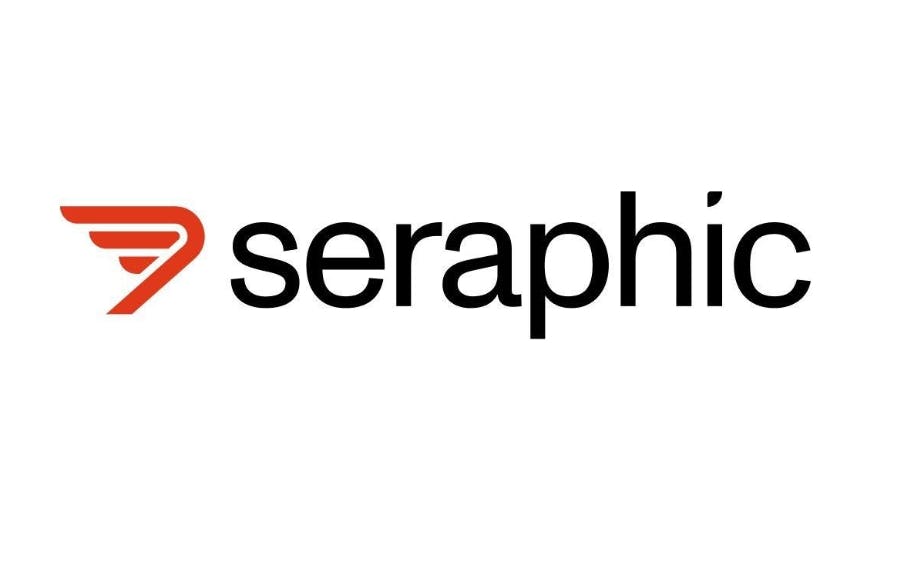Zug, Switzerland, August 13th, 2025/Chainwire/–
REFHE uniquely supports both arithmetic and logical operations on encrypted 64-bit values, enabling software to switch seamlessly between math and logic—just like a modern CPU.
Why This Matters
Fully Homomorphic Encryption (FHE) allows computation on encrypted data without revealing the underlying information—a capability long considered a “holy grail” of cryptography.
But existing schemes typically force a trade-off: choose between efficient arithmetic or efficient logic. REFHE removes that barrier, creating a unified approach where real-world software—full of mixed arithmetic and logic—can run encrypted.
Breaking a Decade of TFHE DominancAe
Since 2016, TFHE has been one of the most widely used FHE schemes, especially in the context of blockchain use cases, and is leveraged by companies such as Zama. For nearly a decade, no scheme had meaningfully surpassed its performance and latency—until now. REFHE delivers:
- 100× smaller ciphertexts
- 20× faster multiplications
- 1,000× faster additions
These gains, alongside being optimized for both arithmetic and logical operations, make it the first FHE scheme capable of operating as a practical, CPU-like encrypted execution engine.
Implications for 2PC-MPC and the Ika Network
The latest FHE-related research, including REFHE and Threshold FHE, can be integrated into the 2PC-MPC protocol powering the fastest MPC network –
Building on Recent Threshold FHE Breakthroughs
REFHE follows dWallet Labs’ recent
“This is more than a speedup,” said Omer Sadika, Co-Founder of Ika and CEO at dWallet Labs. “It’s about finally aligning encrypted computation with the way real software and CPUs work. That opens up a new class of secure, privacy-preserving applications that were simply not practical before.”
About Ika
About dWallet Labs
Contact
Ika PR
Ika
[email protected]
This story was published as a press release by Chainwire under HackerNoon’s Business Blogging










